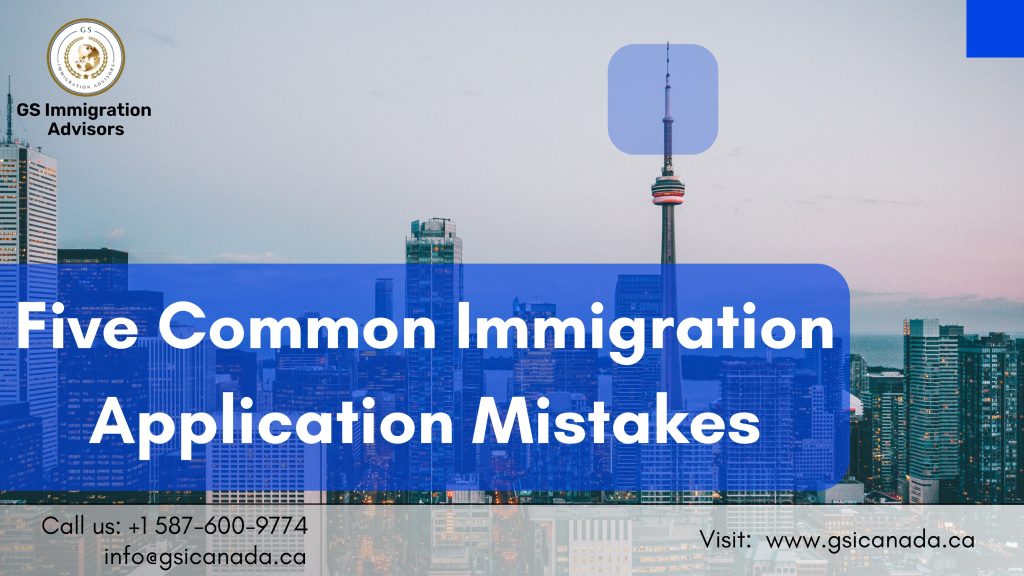
Providing incorrect information on your immigration application—intentionally or unintentionally—can lead to serious consequences under Canadian immigration law. Misrepresentation refers to giving untrue, misleading, or incomplete information to the Government of Canada that may cause errors in applying immigration laws. This includes any information that the applicant provides or omits, even if someone else prepared the application.
Consequences of Misrepresentation
Misrepresentation is a serious offense according to Section 40 of the Immigration and Refugee Protection Act (IRPA). It can result in application rejection, fines, charges, bans from applying for Canadian immigration for five years, or even deportation. It can also lead to the revocation of Canadian citizenship.
Examples of Misrepresentation
Common instances of misrepresentation include:
- Omitting important information (e.g., past marriages).
- Submitting false or altered documents.
- Misrepresenting health status during a medical exam.
- Claiming unearned employment or educational experience.
Honest Mistakes and Misrepresentation
Even honest mistakes can be deemed misrepresentation if they relate to “material” facts. For example, listing an incorrect job start date or failing to disclose changes in marital status can be problematic. Innocent misrepresentation may carry the same consequences as intentional misrepresentation.
Common Mistakes to Avoid
- Not Reporting Past Marriages: Omitting previous marriages, especially when sponsoring a partner, can lead to misrepresentation.
- Failing to Disclose Criminal Offences: All criminal offences, regardless of when or where they occurred, must be reported.
- Not Mentioning Visa Refusals: Any past visa denials must be disclosed, whether they occurred in Canada or elsewhere.
- Omitting Military Service or Political Activity: Disclose all previous military service or political affiliations.
- Providing Approximate Information: If unsure about specifics, it’s better to admit uncertainty than to provide incorrect details.
What to Do If You’ve Made a Mistake
If you realize you’ve made a mistake in your application, contact Immigration, Refugees and Citizenship Canada (IRCC) immediately. This proactive step may be viewed more favorably than if IRCC discovers the error on its own.
If you receive a Procedural Fairness Letter (PFL) regarding misrepresentation, respond promptly with a clear explanation and any supporting documents. Many applicants find it beneficial to consult a lawyer to help draft their responses to ensure clarity and avoid further complications.